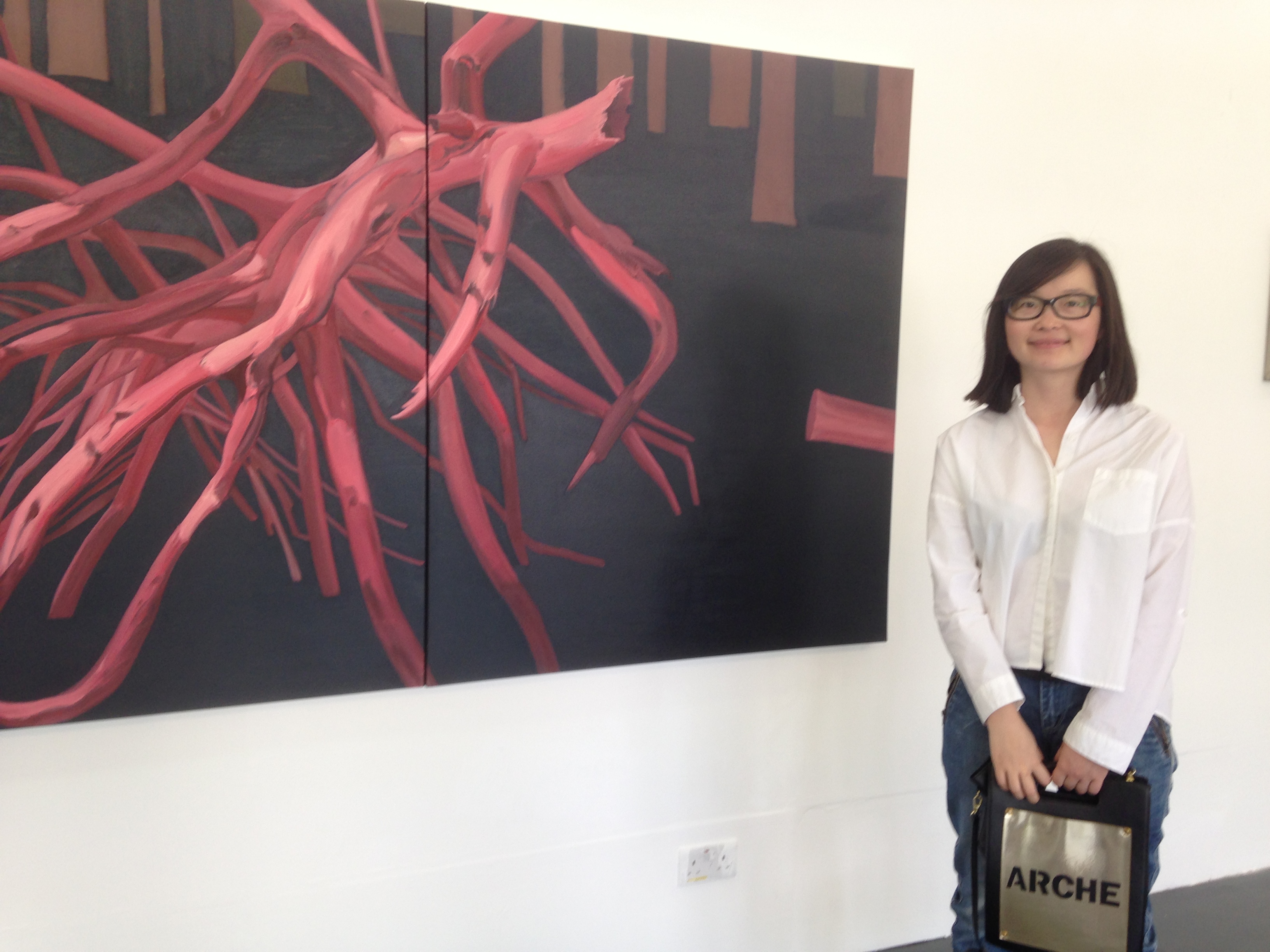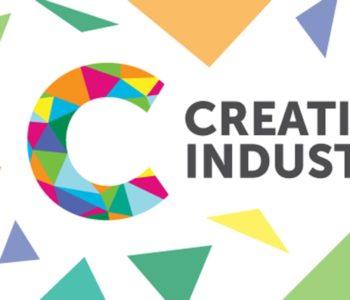A bit of history, looking to the future
This new website heralds a new phase of sharing between Flow UK and Flow India, under a new umbrella of FlowGlobal.
This means building bridges to work on a more international basis and with a stronger mission of creating futures. In part, it’s a new phase as we’re delighted to welcome on board our new co-director Susanne Buck, with whom we will develop a strong foundation to the business and a new strand of Experience Design. Mark Stevenson will continue his association with FlowGlobal but is giving more time to an exciting new venture, We Do Things Differently.
It’s a clean slate in a way but we’re not eliminating our history. Between our small team in London and a bigger, growing one in Delhi, we have spent countless hours on Skype, email and in person, developing Creative Enquiry to suit education in both national contexts, forging methods for evaluation using Theory of Change, and adapting Service Design for digital projects in the Cultural sector.
We’ve delivered so many projects since we set up Flow in 2006 that it’s easy to lose track of the detail sometimes. However, there is still plenty of free-flowing knowledge between us, and it’s not trapped in the sediments of archived reports.
This is a bit of reflection on some of the cultural sector consultancy projects we’ve done in the past 2 years. As well as consultancy, and especially in India, we have also delivered courses, workshops, summer camps and culture labs in schools for many thousands of children and young people.
Bridget has led cultural consultancy projects working with Flow India’s directors and other associates including Susanne Buck, Mike Ellis, Rebecca Birch, Joanna Holland, Sarah May, Wendy Earle, Dr Lindsay Keith, James Aldridge, and others.
These are are our main consultancy and research projects in the UK over the past two years.
Currently we’re working on:
- Co-ordinating the Learning partnership across the World Heritage Site of Maritime Greenwich.
- Evaluating the outreach and education programme supporting the Ashmolean Museum’s acquisition of Manet’s portrait of Mademoiselle Fanny Claus
- Evaluating the Extending Innovative Digital Practice programme, led by Artswork South East, with clusters of schools, arts organisations and tech companies in Oxford, Margate and Eastbourne
- Researching digital innovation in school and museum partnerships, exploring possibilities for a Remote model of digital learning
And recently we’ve done:
- Research to inform developments of learning facilities at Windsor Castle for Royal Collection Trust
- Developing and delivering the UCL/British Council Museum Training School unit on Running a Schools and Learning Programme
And a few highlights from the previous year or so:
- Audience research and a digital strategy for the Bill Douglas Cinema Museum at the University of Exeter, which led to a new brand, website and engagement plan
- Audience research and evaluation of the Heritage100 website which serves museums and their audiences across Hampshire and the Solent
- Scoping and market research towards a Digital Collections Prospectus for researchers for RAMM in Exeter
- Evaluating the schools projects of Resident artists and designers at the V&A Museum in their work with schools
- Recently, we’ve also worked for the V&A to evaluate a guide to African collections and to evaluate a training course for Indian museum professionals held at the V&A
- Three research projects on making in museums, on libraries and creative literacy, and on creative outreach strategies, to help development plans for The Children’s Museum London
- Producing Caring for Reef and Shore (educational films and resources) for St Abbs & Eyemouth Marine Reserve
- Evaluating the Caribbean Through a Lens community projects and web collections for The National Archives.
- Research into needs of educational users to scope the digital education offer for the Stonehenge World Heritage Site, for English Heritage
- Evaluation of the contemporary art programme of the Canal & River Trust, including research into evaluation of public art and environmental outcomes
- INIVA and A Space, market research and marketing strategy for a new Creative Learning brand and an exciting toolkit of Emotional Learning Cards
- A strategy for outreach, public participation and digital engagement for the successful HLF bid to develop the National Army Museum
- Evaluation of a learning project called Spacemakers and the overall visitor experience of Kettle’s Yard, and a plan to evaluate their HLF-funded developments
- Evaluation of the National Museums Online Learning Project. This is a major partnership project between 9 national museums, which resulted in Creative Spaces and WebQuests.
If you would like to find out more about any of these projects or discuss how we can help you with similar work, do get in touch. For a longer list of consultancy projects, see this.




